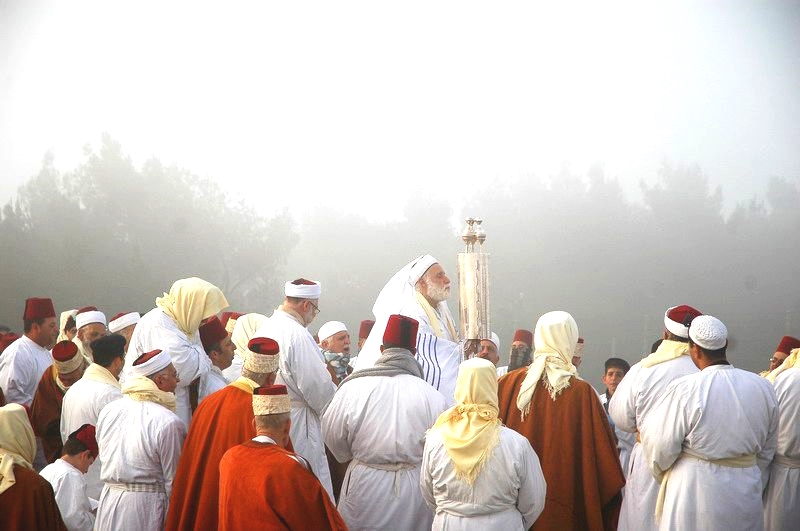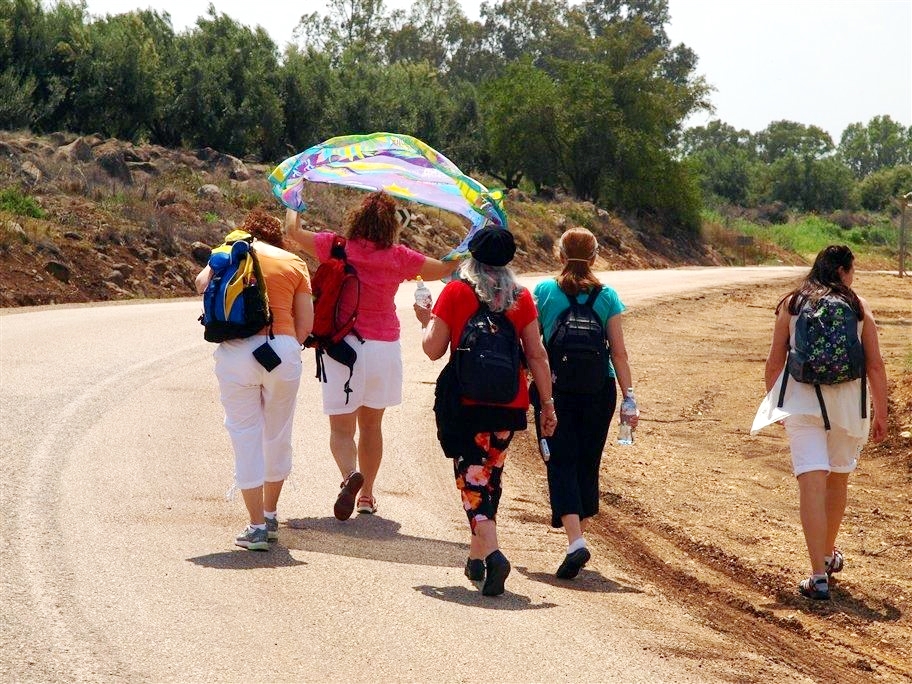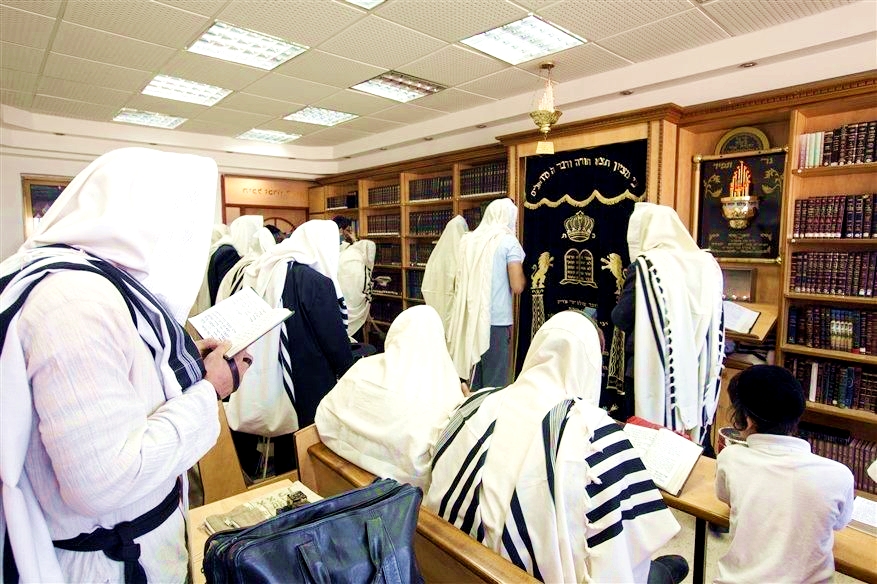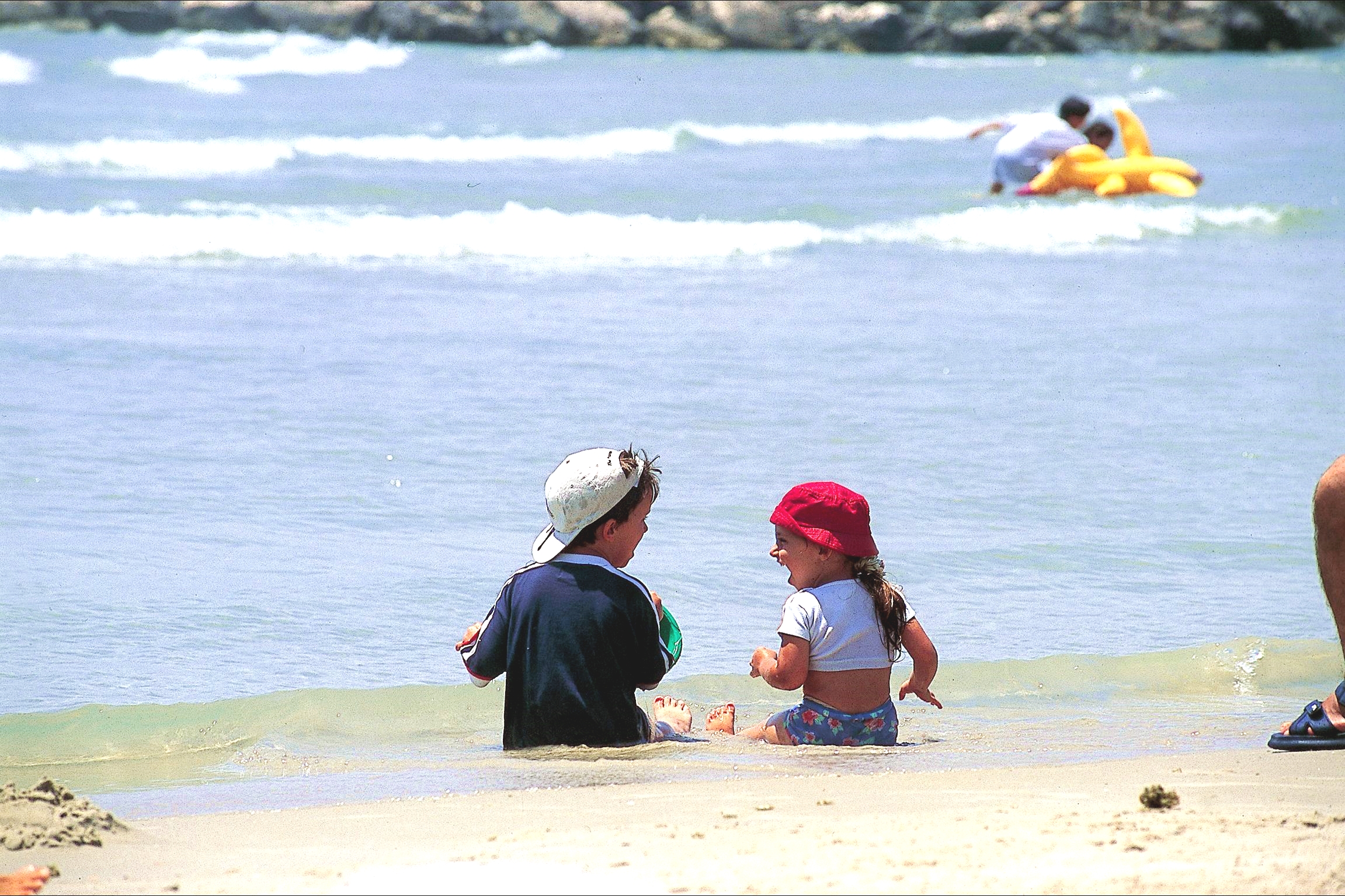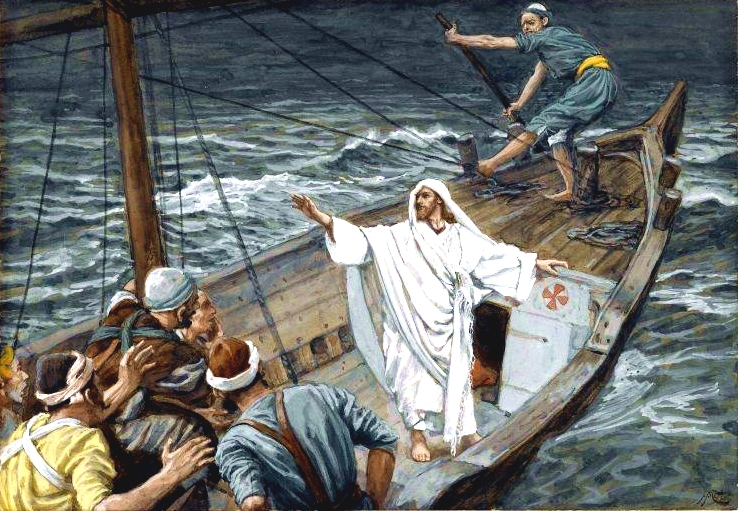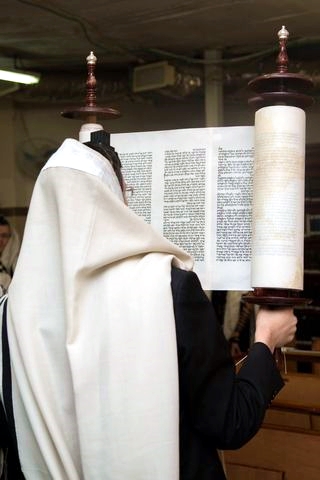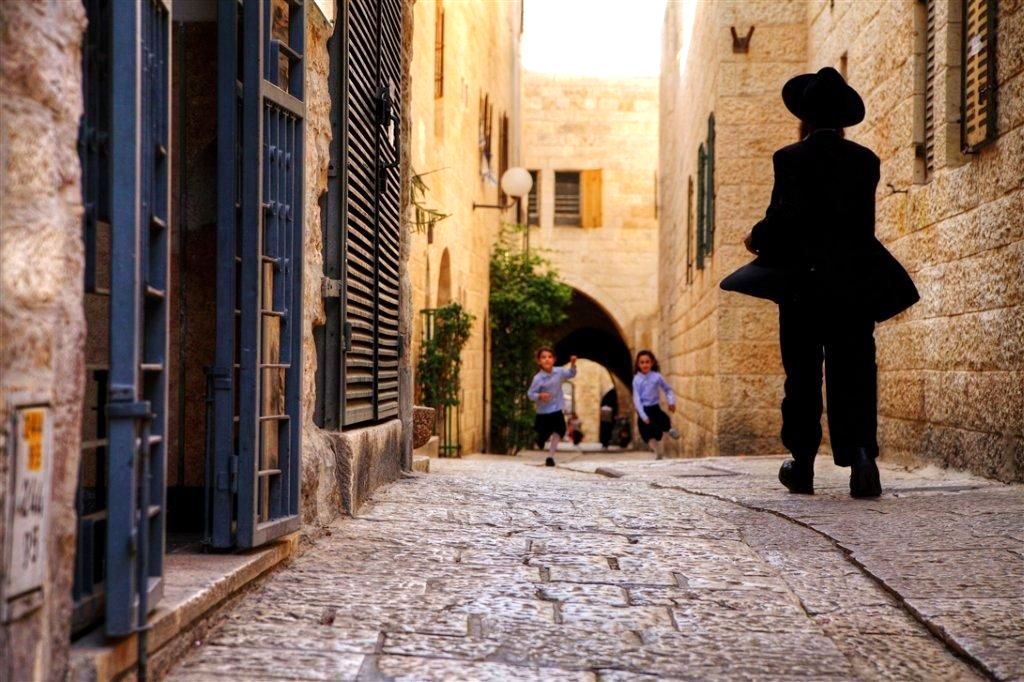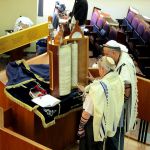Parasha Re’eh (See!)
Deuteronomy 11:26–16:17; Isaiah 54:11–55:5; John 16:1–17:26
“See [re’eh], I set before you this day a blessing and a curse.” (Deuteronomy 11:26)
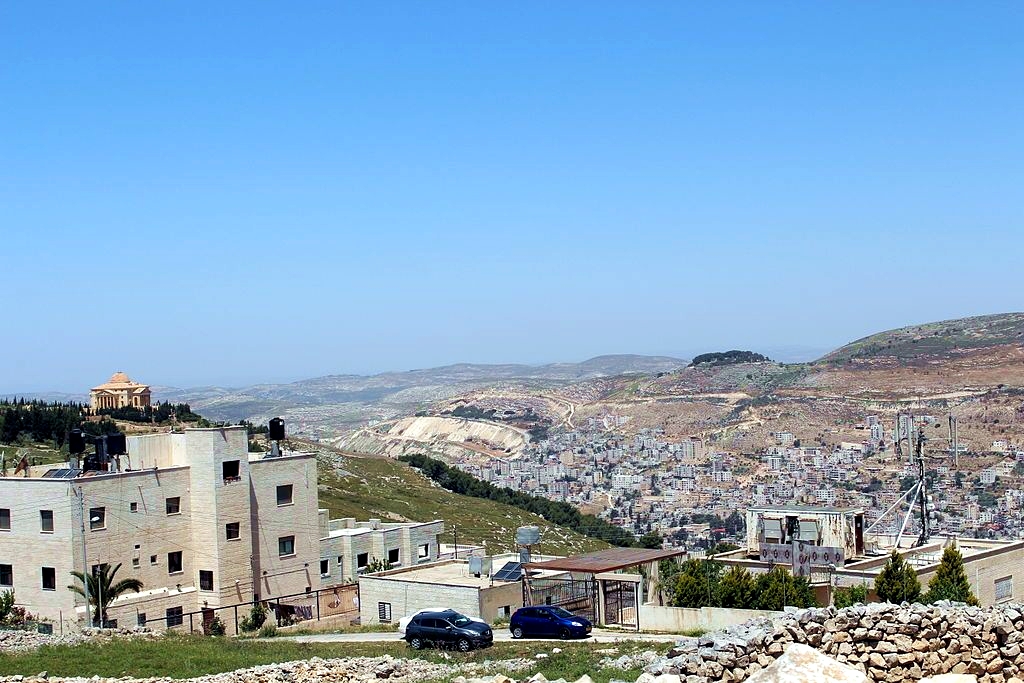
A view of Mount Ebal from Mount Gerizim, with Nablus (Shechem) in the valley in between the two mountains on which the blessings and curses were proclaimed when the Israelites crossed the Jordan into the Promised Land.
Last week, in Parasha Eikev (Because), Moses continued his closing address to the Israelites, which he began in Parasha Devarim. He promised them that if they obeyed the Torah’s commandments, they would prosper in the Promised Land.
In this week’s Torah portion, God sets before the people of Israel a clear choice: they could either obey God’s commandments (mitzvot) and enjoy a life of blessing (brakha), or disobey and suffer the resulting curse (klalah).
The blessings are to be proclaimed on Mount Gerizim and the curses on Mount Ebal when the people cross over the Jordan into the Holy Land.
“When Adonai your God brings you into the land you are entering in order to take possession of it, you are to put the blessing on Mount Gerizim and the curse on Mount Ebal.” (Deuteronomy 11:29)
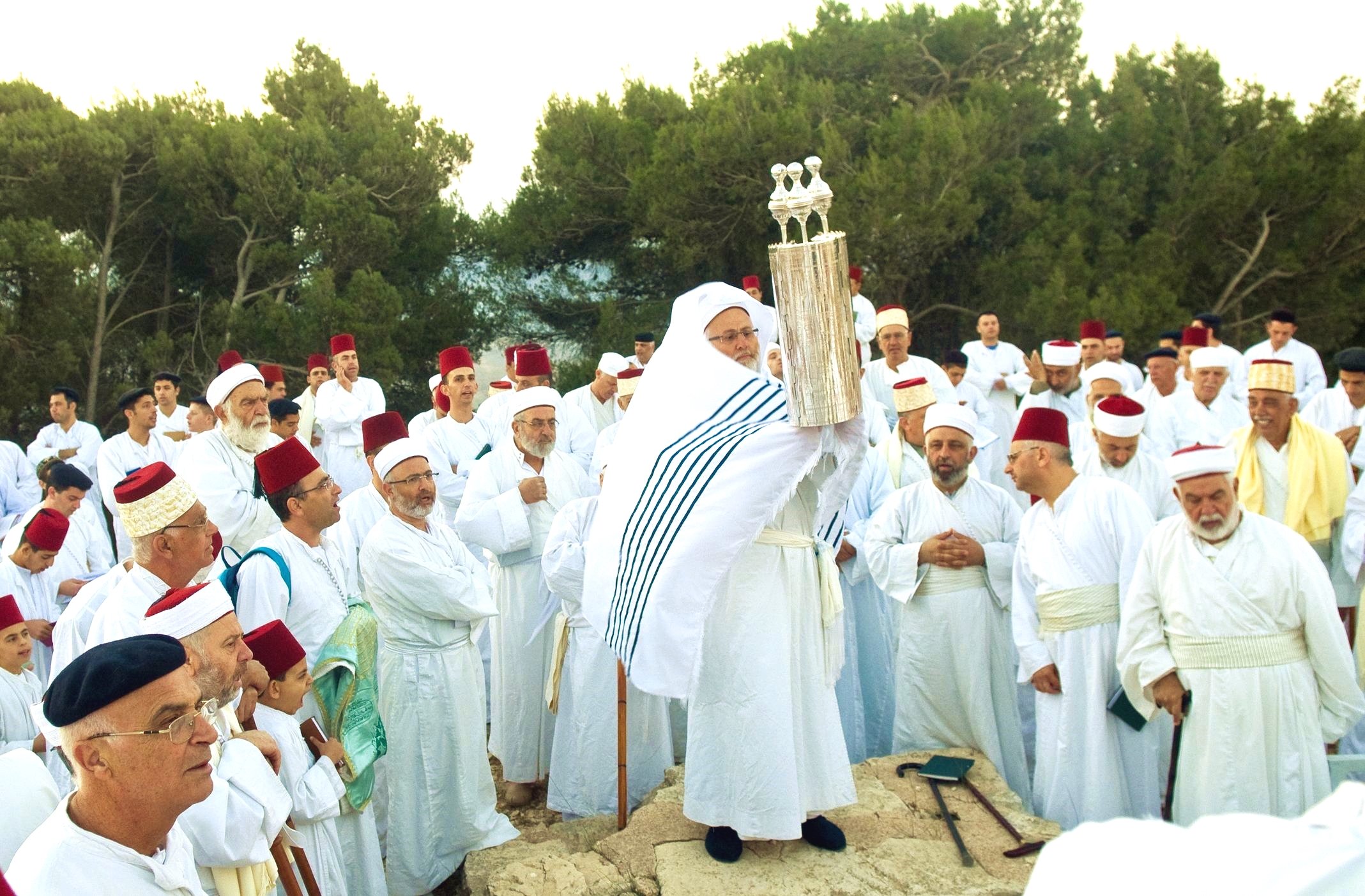
Samaritans lift the Torah on Mount Gerizim during Shavuot, otherwise called Pentecost or the Feast of Weeks.
These two mountains are situated in the vicinity of the West Bank city of Nablus (Biblical Shechem). On Mount Gerizim is an Israeli settlement called Har Brakha (Mount of Blessing). It is located near a Samaritan village called Kiryat Luza (Town of Luza).
This mountain is a point of divergence between the Shomronim (Samaritans) and the Jewish People.
The Shomronim consider Mount Gerizim a sacred place and believe that God intended the Holy Temple to be built on it, rather than Jerusalem’s Temple Mount.
Today, most Samaritans live in close proximity to Gerizim; it is here that they perform their annual Passover sacrifice.
Walking in the Blessings
When confronted with choosing between walking in the blessings or walking in the curses, all sane people choose blessing.
This Parasha makes it plain, however, that blessings follow obedience to the Torah. And many find obedience difficult as they struggle with temptation and the weakness of their flesh.
As followers of Yeshua (Jesus) the Messiah, our deepest heart’s desire is to obey God and to keep His ways. The Spirit of God in us compels us toward obedience. More than that, it empowers us to be obedient.
Nevertheless, obedience isn’t automatic. We must first discover what holiness is.
Paul lamented the “evil inclination” (yetzer hara) that causes people to fail, doing the opposite of what they intended to do.
“Although I want to do good, evil is right there with me. For in my inner being I delight in God’s Torah; but I see another law at work in me, waging war against the law of my mind and making me a prisoner of the law of sin at work within me.” (Romans 7:21–23)
There is only one who can save us from our wretchedness and that is, of course, Yeshua the Messiah.
“What a wretched man I am! Who will rescue me from this body that is subject to death? Thanks be to God, who delivers me through Yeshua HaMashiach (the Messiah) Adoneinu (our Lord)!” (Romans 7:24–25)
Believers may still struggle with the desires of their flesh and should remember there is not a person alive who hasn’t sinned and fallen short of the glory of God (Romans 3:23). That is why we need Yeshua and continue to need Him.
Therefore, although we strive to grow in our faith and character, becoming more and more obedient to the Lord, we must daily depend upon the sacrifice of the One Man whose perfect obedience has made us righteous in Him—Yeshua HaMashiach (Jesus the Messiah).
“For as through the one man’s disobedience the many were made sinners, even so through the obedience of the One the many will be made righteous.” (Romans 5:19)
That does not negate the emphasis Scripture places on the vast importance of heeding God’s commands. When we do, our lives are blessed, as are future generations.
Spirit-led obedience is the heart of our faith and God’s will for us. While some excuse their disobedience saying it is just too hard, in reality it is much harder to live with the consequences of disobedience.
As B. J. Miller said, “It is a great deal easier to do that which God gives us to do, no matter how hard it is than to face the responsibilities of not doing it.”
Finding Peace in the Midst of the Storm
The Haftarah (prophetic portion of Scripture) this week contains promises that will help us find peace in the midst of the storm.
“O you afflicted one, lashed and tossed about by storms and not comforted, I will rebuild you with stones of turquoise, your foundations with lapis lazuli. I will make your battlements of rubies, your gates of sparkling jewels, and all your walls of precious stones.
“All your children will be taught by the LORD, and great will be their peace.
“In righteousness you will be established: Tyranny will be far from you; you will have nothing to fear. Terror will be far removed; it will not come near you. If anyone does attack you, it will not be my doing; whoever attacks you will surrender to you.” (Isaiah 54:11–15)
God has good things in store for us and we may need, at times, to cling to this passage like a drowning person holding onto a lifesaver in the midst of a stormy sea.
His promise is not only for ourselves but also for our children. No matter how things look we can confidently confess repeatedly: the Lord is teaching my children and making their peace great.
So many people today are simply looking for inner peace; however, it seems increasingly difficult to find it in our troubled, noisy and conflict-ridden world. We may desire peace for ourselves and for our families but instead we often feel tossed about in the storms of life.
At times, it seems that Yeshua must be asleep in our little boat. We are desperately hoping and praying that Yeshua will just wake up, stand up in the middle of the boat and shout SHEKET!! (QUIET!!) to the fierce winds and tsunami-sized waves that threaten to capsize us.
The peace we are longing for is not so much a matter of circumstances, but inner peace in the midst of them. Yeshua promised us a peace that passes all understanding.
That means it is not the kind of peace that we have when no one is troubling us and everything is going our way. Quite the opposite.
Yeshua said in this world we will have trouble but that we can still be of good cheer, for He has overcome the world. The peace that Yeshua gives us is not like the world gives. It is a decision we make that no matter what others choose for themselves, we are going to hold onto our peace.
It is an issue of deliberate choices. We can choose obedience and blessing or disobedience and cursing.
No matter how people act, or what they say, or what choices they make, we can choose a path of peace. It is not always easy or without pain. We cannot always resolve our differences with other people who seem bent on causing strife.
But what we can do is take it to the Lord and leave it with Him, refusing to enter into strife, trusting God to resolve the situation in His perfect way and time.
“If it is possible, as far as it depends on you, live at peace with everyone.” (Romans 12:18)
God Speaks in our Love Language
In chapter 54 of Isaiah, God addresses Israel in the feminine and speaks in the first person masculine.
He speaks to His Beloved Bride in her “love language,” promising her beautiful gifts of jewels and precious stones, but also love, safety, physical well-being and protection. God asks nothing of Israel, but offers an everlasting covenant of unconditional love.
But in chapter 55, the language changes. In the Hebrew, we see a switch from addressing Israel collectively to individually. The grammar also changes from the feminine to the masculine. God speaks to each person individually through the Prophet Isaiah saying,
“Whoever is thirsty, come for water; and he that has no money; come buy and eat; Yes, come buy wine and milk without money and without price.” (Isaiah 55:1)
It is only the things of the Spirit that can truly satisfy the deepest longings of our soul, and the prophet beckons the people to come to God and buy three things: water, wine, and milk.
Water represents life. It is a drink that literally descends from heaven.
We can live for some time without food, but water is the most essential compound for life. Yeshua said to the Samaritan woman at the well that if we would drink of the water that He offers, then we would never thirst again spiritually.
“Yeshua answered, ‘Everyone who drinks this water will be thirsty again, but whoever drinks the water I give them will never thirst. Indeed, the water I give them will become in them a spring of water welling up to eternal life.” (John 4:13–14)
This was not the only time He proclaimed that He was the answer to the thirsty soul.
On the last day of Sukkot (Feast of Tabernacles), Yeshua stood up and said in a loud voice,
“Let anyone who is thirsty come to Me and drink. Whoever believes in Me, as Scripture has said, rivers of living water will flow from within them.” By this He meant the Spirit, whom those who believed in Him were later to receive.” (John 7:37–39)
Milk is also a gift from God that nourishes life. It is a sign of God’s blessing as well as prosperity and abundance (Ezekiel 25:4; Joel 3:18), as found in the Promised Land that “flows with milk and honey.”
Although wine today is less essential to life than water or milk, in the ancient Near East, where water was scarce, it was a necessity. Like water and milk, in the Bible it symbolizes life and sustenance, and it is linked to community and the covenant blessings that come from obedience.
Just after calling all who are spiritually thirsty, all who thirst for God, this Haftarah passage ends with the promise of an everlasting covenant through the Messiah, who is David’s descendant:
“I will make an everlasting covenant with you, My faithful love promised to David. See, I have made Him a witness to the peoples, a ruler and commander of the peoples.” (Isaiah 55:3–4)
This Haftarah passage reveals that in the Last Days, the Nation of Israel will blossom spiritually, quenching its thirst in the True Source of its life, and the nations will be drawn, as well, and “come running.”




